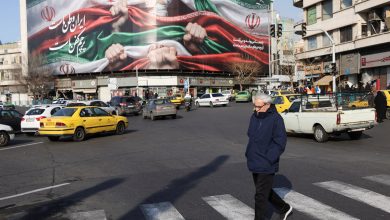Algiers – Algeria commemorates National Martyrs’ Day on Tuesday, an occasion to reflect on the values of sacrifice for the liberation of the homeland and to reaffirm the commitment to uphold the eternal message of the martyrs in a new Algeria fortified by its identity, unity, and national belonging.
In this regard, President of the Republic, Mr. Abdelmadjid Tebboune, has repeatedly emphasized that the noble martyrs are “the path, the journey, and the role model; they are the pride and the source of inspiration.” He noted that successive generations of Algerians “draw from the caravans of martyrs their qualities of sacrifice, selflessness, determination, and the ability to continue the journey toward noble goals and national aspirations, which were founded with rivers of blood.”
The President also renewed Algeria’s determination to “preserve its national memory,” adding that “the value of our martyrs is beyond any material compensation.” The spiritual legacy of these heroes transcends mere commemoration during fleeting occasions. Some fell on the field of honor, others endured all forms of torture in prisons and camps, and many were unjustly executed or exterminated in genocidal crimes committed by French colonial forces over 132 years.
It is worth noting that National Martyrs’ Day was established following significant struggles, culminating in a national conference held at the Palace of Nations in 1989, where February 18 was designated as National Martyrs’ Day. This date is tied to pivotal historical milestones, including the founding of the Special Organization in mid-February 1947, which embraced armed struggle and paved the way for the outbreak of the Glorious November 1 Revolution.
On February 18, 1957, the United Nations issued Resolution 1012 during its 11th session, recognizing the Algerian people’s right to self-determination. Conversely, February also witnessed tragic events during the colonial era. On February 13, 1960, France conducted surface nuclear tests in Reggane, committing one of the most heinous crimes against humanity. On February 8, 1958, the French army carried out the Sakiet Sidi Youssef massacre, and in February 1959, France implemented the “Morice Line” plan, establishing forbidden zones, electrified barbed wire fences, and planting millions of anti-personnel mines.
Post-independence, February marked major sovereign decisions, such as the recovery of the Mers El-Kébir naval base on February 2, 1968, and the announcement of the nationalization of hydrocarbons and the reclaiming of national oil resources on February 24, 1971.
Article written by Nor Eleslam for dzwatch.dz.




